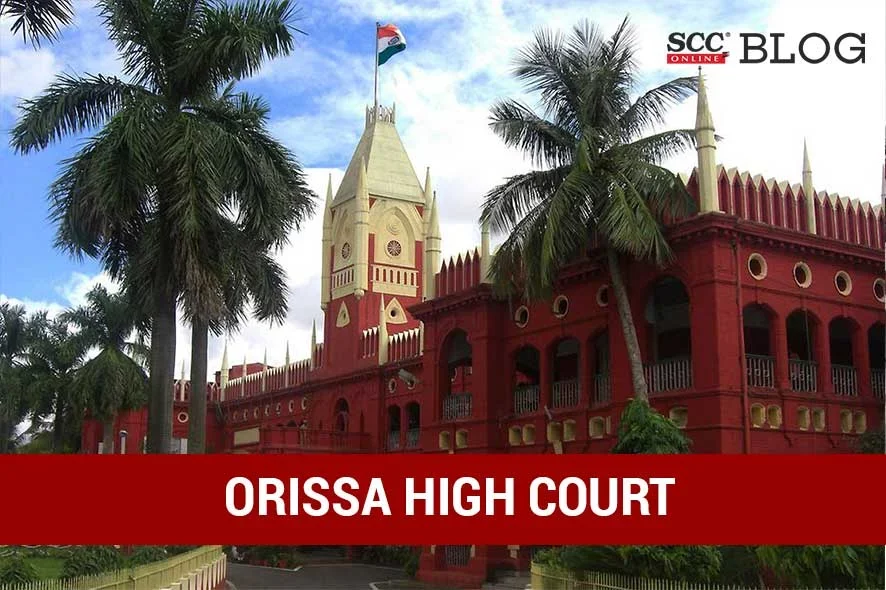Orissa High Court: In an appeal by the Government of Orissa against the Judgment of the Sessions Judge wherein, the accused persons- respondents were acquitted of the offenses punishable under Sections 452, 302, 201 read with Section 34 of the Penal Code, 1860 (‘IPC’), the Division Bench of Dr. S. Muralidhar* CJ. and G. Satapathy J., dismissed the appeal and upheld the Trial Court’s Judgment of acquitting the accused persons, granted them the benefit of doubt as the evidence brought on record by the prosecution failed to meet the requisite standard.
In the matter at hand, one of the accused broke opened the front door of the house and dragged out the deceased saying that she is a witch. Thereafter, the deceased went missing for five days and one of the eye-witnesses lodged a First Information Report (‘FIR’) against the accused. The prosecution’s case was that in presence of the Sub-Inspector, the three-accused persons confessed to the killing of the deceased and that they threw her body in river Baitarani.
The Court said that the eye-witnesses were unable to support the case of the prosecution on material aspects of the case. The Court also noted that there were several discrepancies in the statements of the eye-witnesses. The Court said that the Trial Court had rightly noticed that the accused and the two eye-witnesses were perhaps known to each other, belonging to the same village, there was no means by which on a dark night in the absence of any light, they could have identified precisely the three accused persons as the same persons who dragged away the deceased. Further, the Court said that there was no evidence regarding the recognition of the three accused persons by the two eye-witnesses either by the voice, the manner of talking, the general appearance, gait, etc. The Court also noted that the Trial Court had found discrepancies in the medical evidence as to the precise timing of the death. The Court said that in the case of circumstantial evidence, the links must form a continuous chain and must point unerringly to the guilt of the accused and to no one else. Further the Court said that the statement made by the accused leading to the recovery of the body of the deceased was made at a time when they were not in police custody and, therefore, could not be relied upon under Section 27 of the Evidence Act, 1872.
Therefore, the Court held that no error was committed by the Trial Court in granting the accused persons the benefit of doubt and acquitting them of the offences with which they were charged.Thus, the appeal was dismissed since no grounds were made out for interference.
[State of Orissa v. Mangulu Munda, 2023 SCC OnLine Ori 3580, Order dated: 22-06-2023]
Judgment Authored by: Chief Justice Dr. S. Muralidhar
Advocates who appeared in this case :
For the Appellant: Additional Standing Counsel Gajendra Nath Rout.








